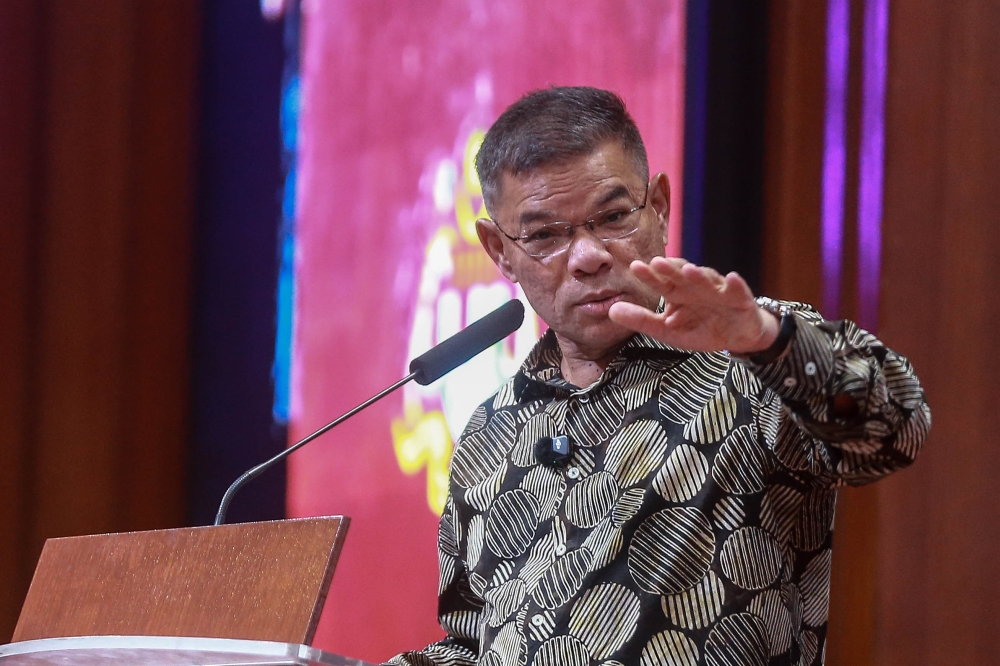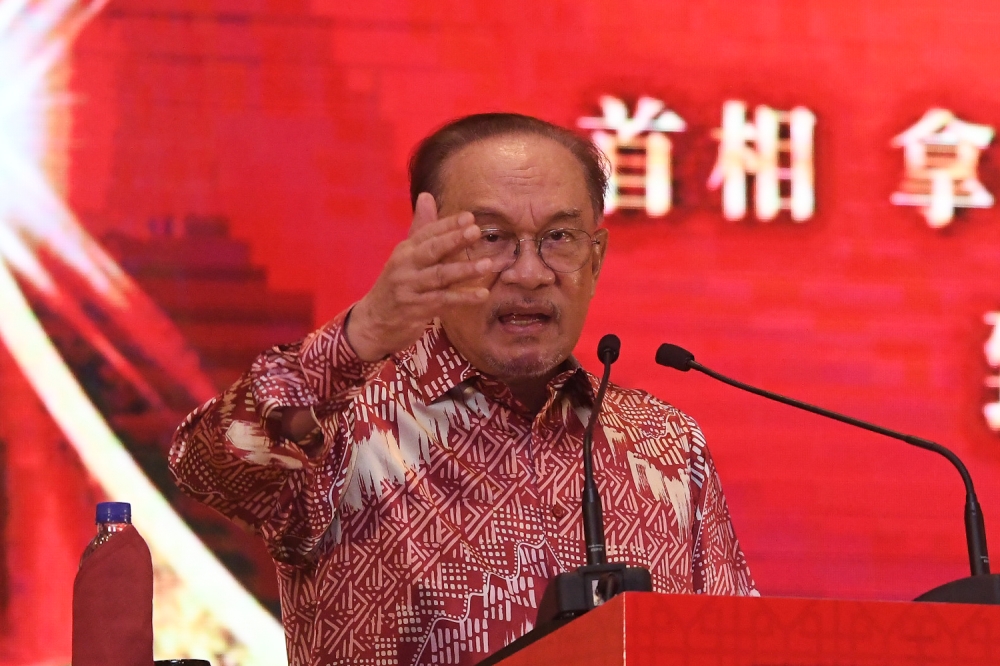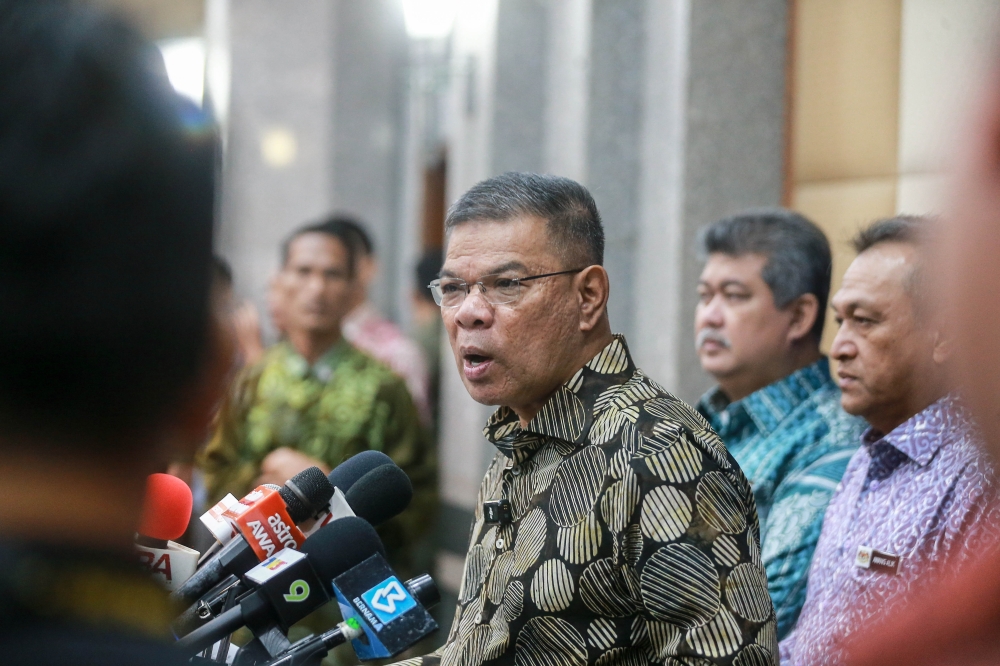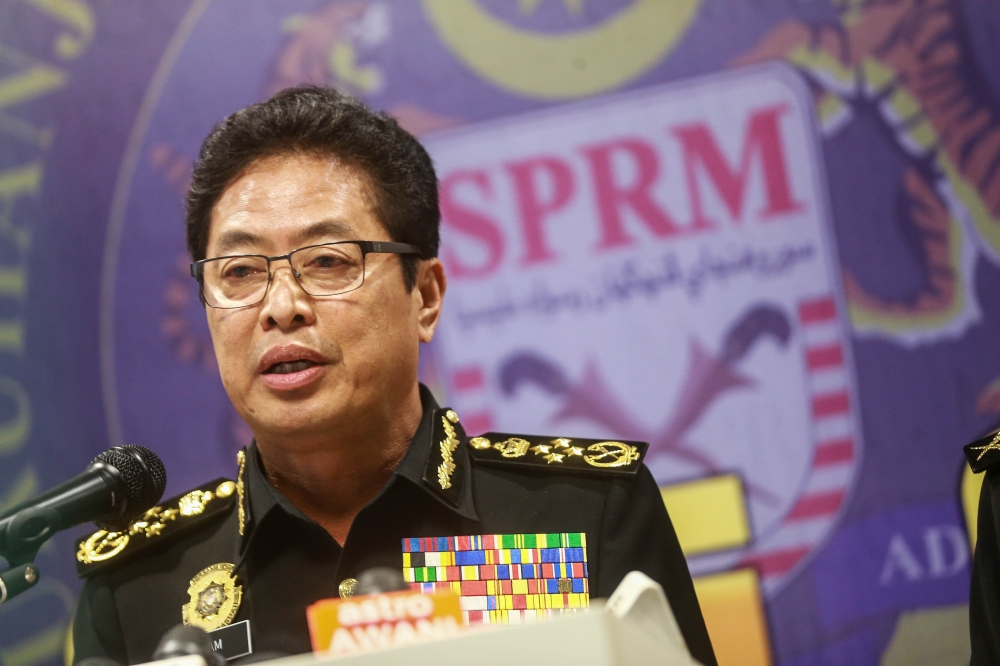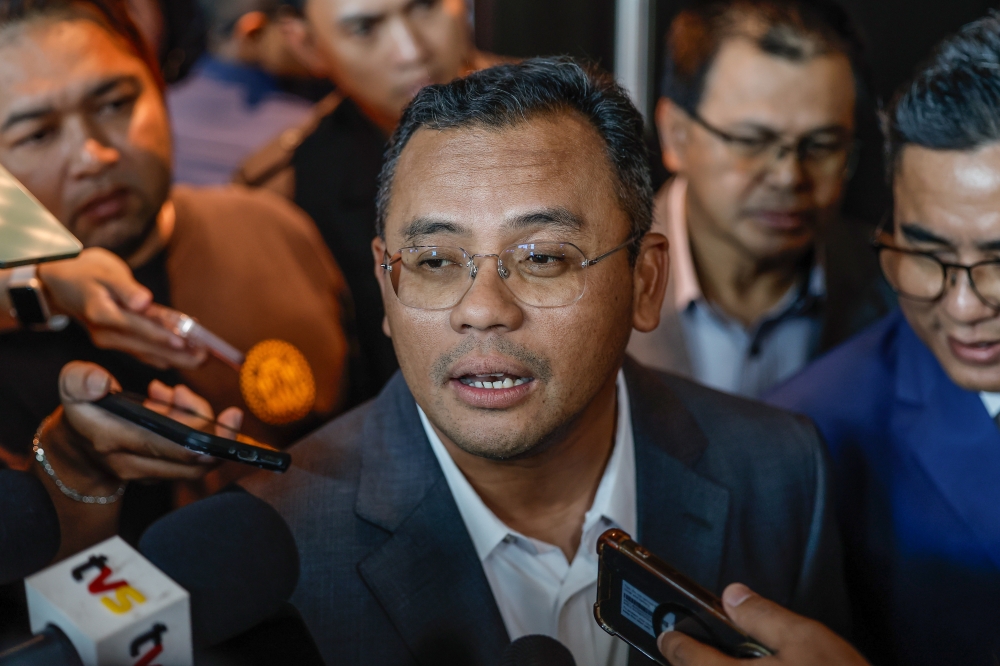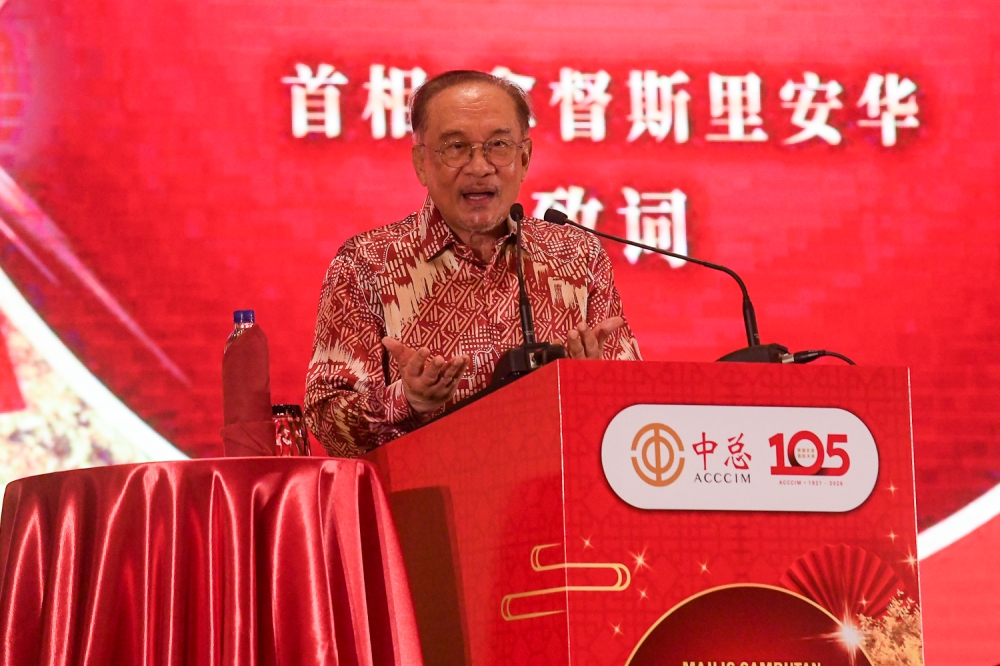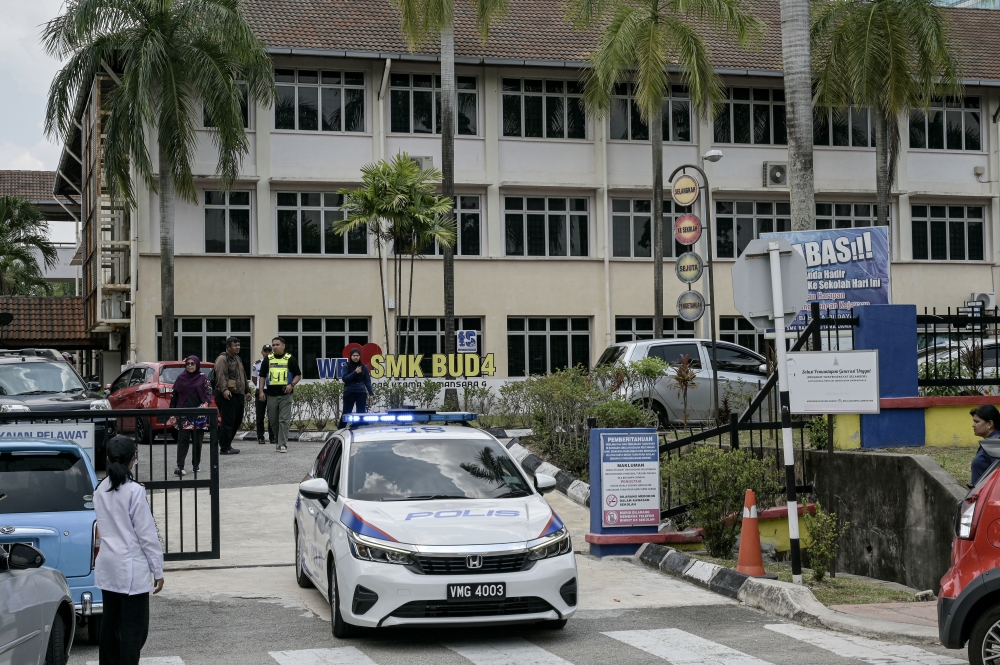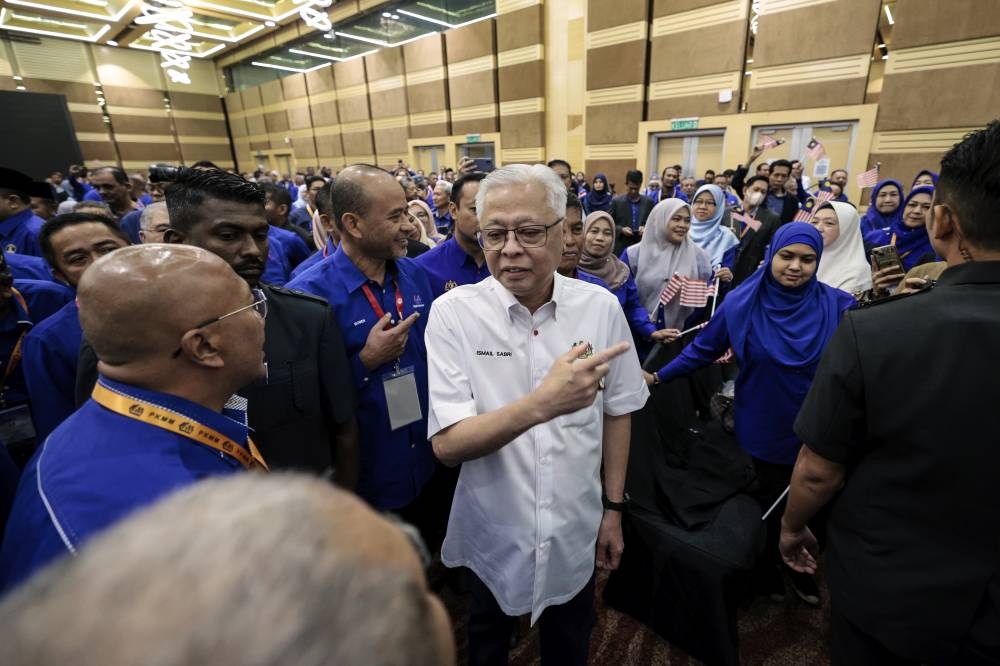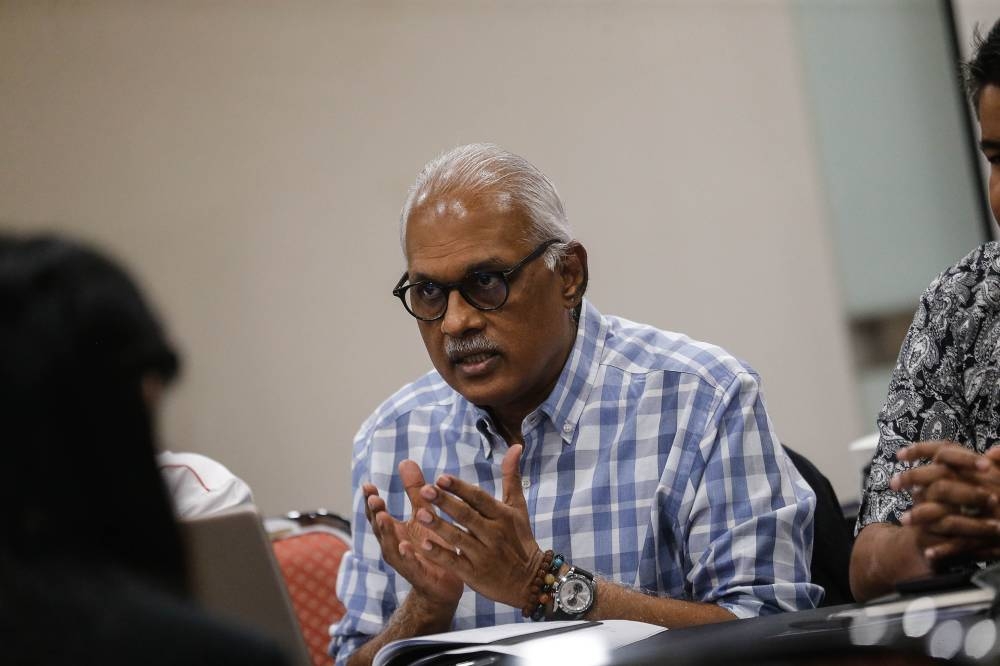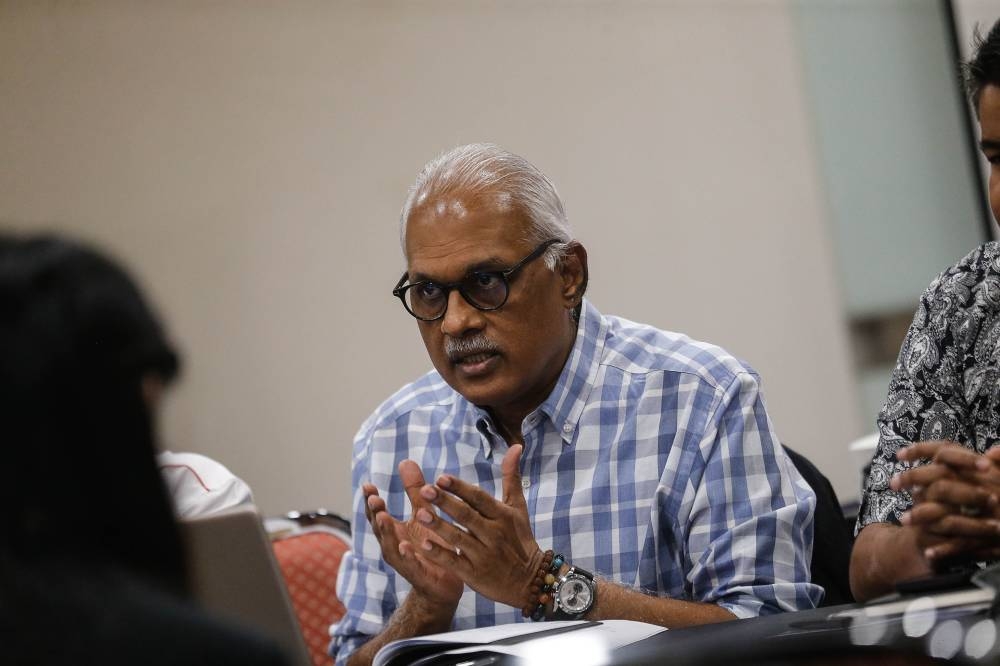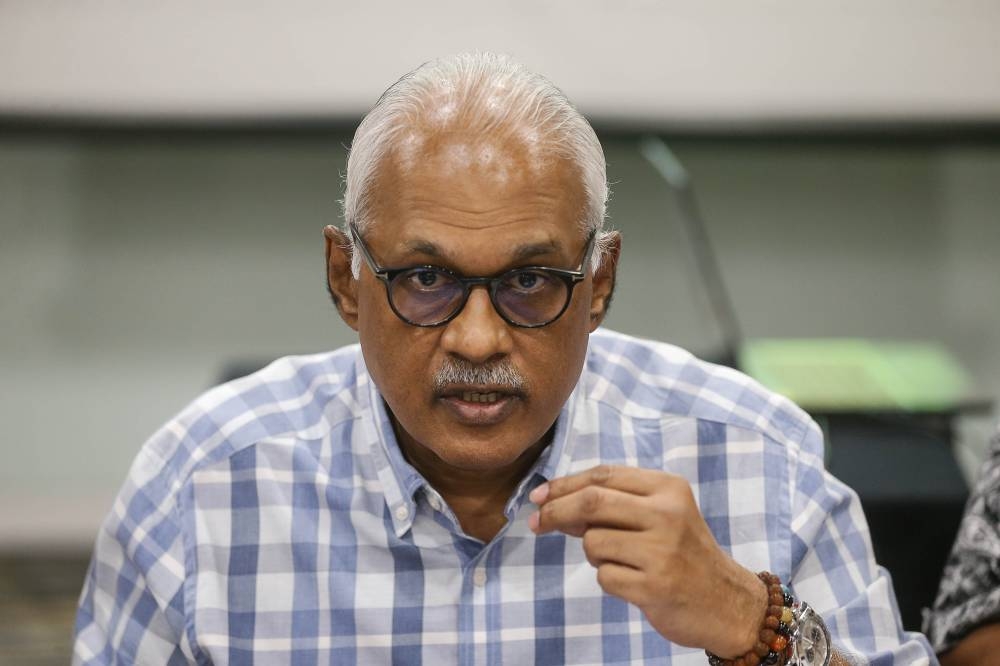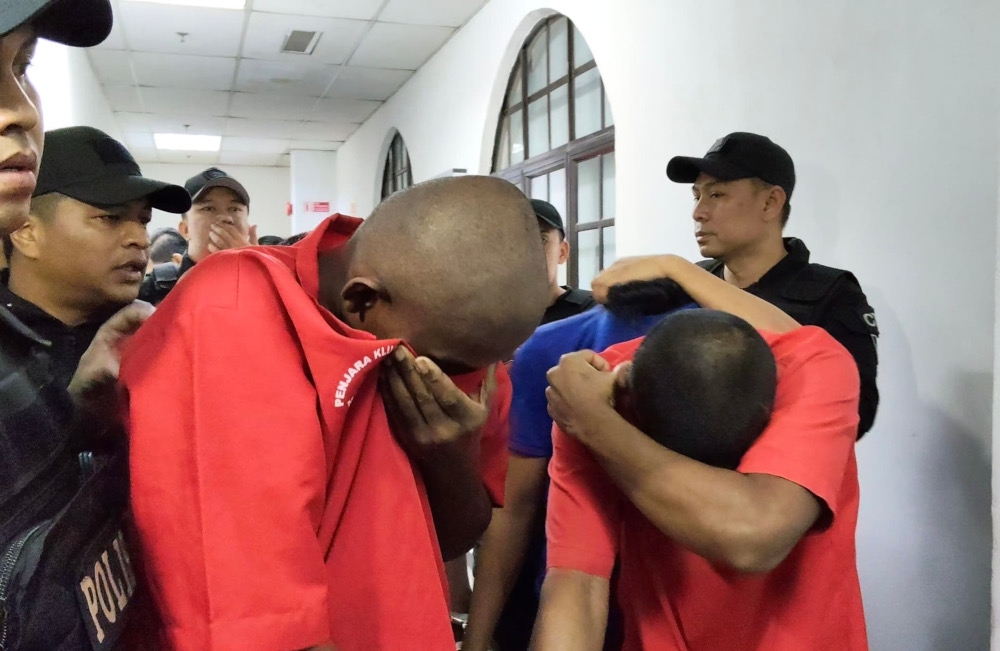KUAALA LUMPUR, Oct 18 — Datuk Seri Ismail Sabri Yaakob is objecting to a lawsuit, in which he is being sued for delivering an allegedly invalid request to the Yang di-Pertuan Agong to dissolve Parliament, paving way for the 15th general election.
While the lawsuit is focused on his request to the Agong, Ismail Sabri instead argued that the King's decision cannot be challenged and decided in court, saying that the ruler exercised good judgment when making the decision.
Just two days after Parliament's dissolution on October 10, incumbent Klang MP Charles Santiago filed the lawsuit naming Ismail Sabri, the government of Malaysia, the Election Commission (EC) as he sought court orders to stop the 15th general election (GE15) from taking place during the monsoon season.
Charles argued that Ismail Sabri, as prime minister, had personally requested to the Agong in an October 9 meeting for Parliament to be dissolved without the Cabinet's support and with even several Cabinet ministers writing to the ruler to inform him of their disagreement with having GE15 this year.
Charles had said this meant Ismail Sabri's request — to the Yang di-Pertuan Agong — had gone against the Federal Constitution's Articles 40(1) and 40(1A) and 55(2).
Under Article 40(1), the Agong is to act in accordance with the advice of the Cabinet or of a minister acting under the Cabinet's general authority; while Article 40(1A) requires the Agong to accept and act in accordance with such advice.
On October 14, Ismail Sabri, the government and the EC filed an application to strike out the lawsuit, by also focusing on the Agong's constitutional powers to declare the dissolution of Parliament by saying it cannot be disputed in court and claimed that the Agong could dissolve Parliament without obtaining the Cabinet's advice.
Among other things, the three respondents also argued that the issue of whether Ismail Sabri's request was valid is now academic as the Agong had already assented to the request and dissolved Parliament.
In an affidavit filed yesterday to support the bid to strike out the lawsuit, Ismail Sabri said he was advised by his lawyers that the Agong's powers to dissolve Parliament is "non-justiciable and cannot be disputed before the court", as it is the ruler's prerogative to do so without getting the Cabinet's advice.
Referring to the palace's October 10 statement which announced the royal assent for Parliament's dissolution, Ismail Sabri praised the King: "When looking at that media statement, I also find that the Agong has exercised his prerogative powers under Article 55(2) of the Federal Constitution judiciously by expressing hope that the 15th general election has to be held soonest before the Northeast Monsoon forecasted to start in mid-November 2022."
Ismail Sabri said this shows the ruler's care in taking into account the public's welfare, even though this was not a requirement under the Federal Constitution for the dissolution of Parliament.
Also citing advice from lawyers, Ismail Sabri reaffirmed the other reasons given in the striking out application such as the alleged academic nature of the lawsuit, that the EC's powers to hold GE15 after Parliament's dissolution was non-justiciable or cannot be challenged in court, and the argument that any challenge against elections can allegedly only be done through election petitions.
Ismail Sabri claimed that the lawsuit was frivolous and an abuse of court process and was allegedly politically-motivated.
Separately, in an affidavit also filed yesterday to support the striking out bid, EC chairman Tan Sri Abdul Ghani Salleh similarly argued that the Agong's powers to dissolve Parliament cannot be disputed in court.
Abdul Ghani argued that the EC has a constitutional duty to hold general elections within 60 days after Parliament's dissolution, and that any challenges towards the conducting of elections can only be done through election petitions.
This Thursday (October 20), the striking out application is scheduled to be heard by High Court judge Datuk Ahmad Kamal Md. Shahid.

